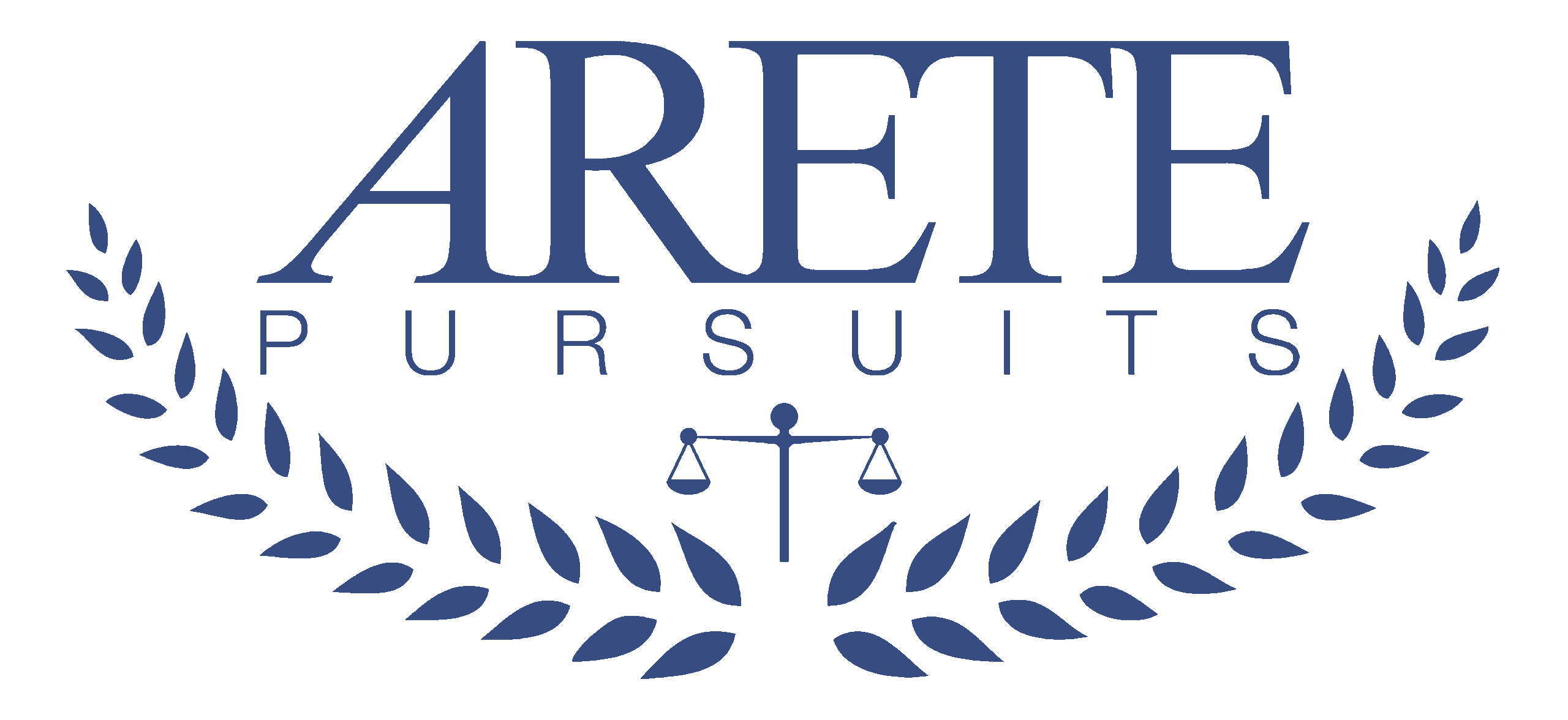360 feedback is an excellent tool for getting honest, candid feedback from your colleagues. I conduct 360 feedback interviews for every organizational coaching engagement to gain insights into the coachee’s superpowers and their kryptonite. This process is richer than one issued by the organization because the interviewees know that the only person who sees the feedback is the coachee. Organizational 360s often are shared with others, resulting in less direct and honest feedback.
While everyone’s situation is unique, there are some common themes. Today we will explore what you might learn from 360 feedback.
You Are Better Than You Think You Are
This is nearly universal. I ask interviewees to rate the coachee on a 5-point scale across several competencies. I ask the coachee to do the same in their self-assessment. Nearly every coachee rates themselves lower than their colleagues. On average, coachees rate themselves a half point lower.
The most striking example of this is the execute competency. On average, coachees rate their ability to execute an entire point lower than their colleagues rate them. It’s not uncommon for a coachee to declare that execution is an opportunity for development while their colleagues say it is a strength.
The key here is to understand and embrace your strengths. Collect the feedback from your peers, your boss, and your direct reports about what they think you are good at, and embrace those superpowers. The people around you likely think you’re better than you give yourself credit for.
If You Lack Self-Confidence, It Probably Shows
The truth is, we all lack self-confidence in one domain or another. Some of us may lean into it and may choose to label it as “imposter syndrome.” Others may bottle it up and not share it with others. Usually, for those coachees, it starts to come out after several sessions once we have had the opportunity to build trust and create a safe space for confidential thought partnership.
Often in 360 feedback, I get statements like this:
- I wish they had more confidence in themselves.
- They are so much more capable than they give themselves credit for.
360 feedback can be a powerful tool in these instances. When coachees don’t have confidence in themselves, they project that, and over time it erodes the confidence others have in them. Ultimately it becomes a self-fulfilling prophecy. In contrast, with the 360 feedback supporting them, the coachee learns to shift their way of being and how they view the world, resulting in more confidence and greater success.
Your Colleagues Think You Should Delegate More
Here’s another prevalent theme.
- My boss takes too much work on themselves.
- I wish they would be willing to delegate more.
- I’m worried they will burn out.
Chances are, you should be delegating more than you do today. Your team can do more than you think they can, and they worry when they see you overloading yourself. My delegation blog posts, particularly this one, may help. Another great strategy is to train your whole team on effective delegation, which includes delegating to others and being the recipient of a delegated task.
You Work Too Much, and it Impacts Your Team
The last theme I see is the workaholic. My coachees are generally high performers looking to accelerate their growth. A strong work ethic is a part of what got them to where they are. Coachees often work far more than 40 hours a week and are noticed sending emails and slack messages late into the night.
Interestingly, the coachees usually don’t want their teams to work that hard. Some of them work so hard deliberately to protect their teams from doing the same. They don’t realize that they are setting an example for their team. When they work all hours of the night, their team wonders if they need to do the same to get ahead. If you think this might be you, this blog post may help.
Have you ever had 360 feedback? What are the best insights you’ve had from the process?
Want to comment? Join the conversation on LinkedIn.

